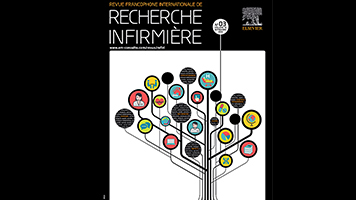Transnational methods: Reflections based on a study on transnational family support using communication technology
In this article we share reflections on the challenges and strengths of gathering data transnationally using communication technology. Results are based on a study that examined transnational family support between migrant families in Montreal (Canada) and their family members in their home country. Recruitment and data collection with family members abroad, including accessing more personal data sources (photos, text conversations), proved to be challenging. Some family members abroad hoped to gain immigration assistance through their participation in the study, which put the research team in a difficult position. Flexibility and building trust with the families were essential for the success of gathering data transnationally. Using communication technology was effective, this approach yielded rich data and allowed for the examination of family dynamics in real time. This method, however, would not lend itself well for research on very sensitive topics.
Expertise
Families, parenthood and perinatal careMembers and SHERPA Teams

Jill Hanley
Co-Scientific Director, SHERPA University Institute; Full Professor, School of Social Work, McGill University

Mónica Ruiz-Casares
Professor in the School of Child & Youth Care at Toronto Metropolitan University


